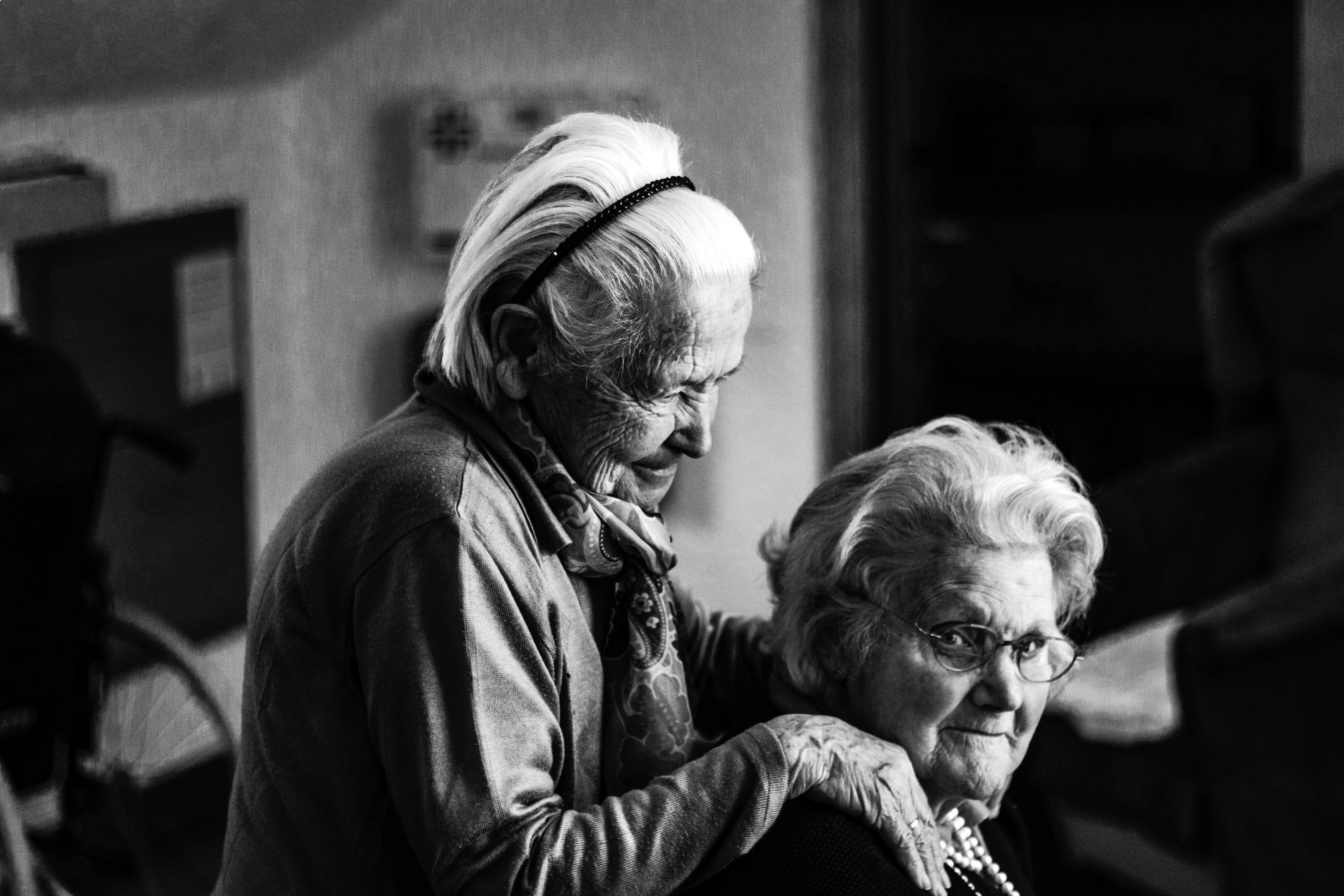The age and gender dimension of informal caregiving

In most European countries, a large part of long-term care for older people is provided by informal carers. Informal carers are typically older women. Read more about the gender and age dimension of caregiving in this post by Eurocarers.
Across the EU, 80% of care is provided by informal carers. A majority of them are women, as informal carers are typically spouses, middle-aged daughters or daughters-in-law, aged 45 to 75. EIGE’s Gender Equality Index shows that the unequal distribution of care and domestic responsibilities between women and men remains the most problematic area in the EU in terms of gender equality.
Long-term care responsibilities tend to aggravate the gender pay and pension gaps, already present because of childcare responsibilities. Overall, because of the unequal distribution of domestic and care work between women and men at household level, women experience income drops, loss of economic autonomy, increase dependency on men and/or the state (social benefits) and a greater risk of poverty than men (including in-work poverty related to involuntary part-time).
Eurocarers – the European Association working with and for informal carers, believes that care has to be considered a central activity for the well-being of our societies and it should be redistributed between men and women, as well as between the family and the State.
Eurocarers is calling on governments to improve the quality, affordability and access to long-term care system, as well as to improve the design and gender-balanced take-up of family-related leaves and flexible working arrangements. This is necessary both to increase gender equality and to meet challenges such as an ageing population and labour shortages.
Eurocarers therefore supports the recent Commission proposal for a Directive on work life balance for parents and carers and call for a swift and full adoption of the directive by Member States.
Read also:
The imperative to care for the social rights of carers
Vicki’s testimony, caring for her husband with early dementia
—
Read here the Eurocarers publication on “The gender Dimension of informal care”, underlining the causes of the gender dimension of informal care, the consequences, the reasons why action is needed, as well as possible solutions.


Facebook Comments